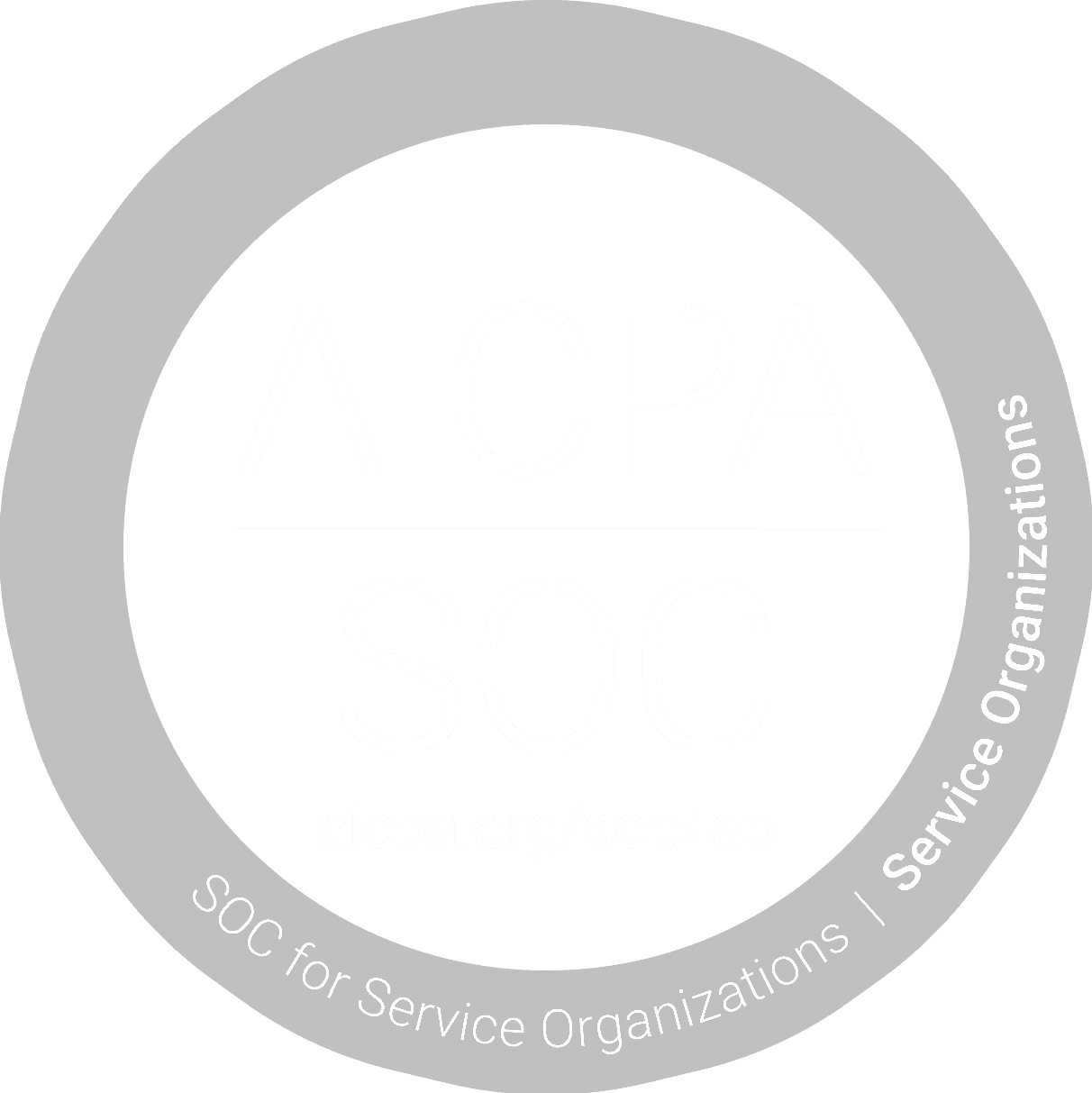When Kindness Gets Hijacked: How Nonprofits Can Spot and Stop Fake Charity Scams After Disasters
Wednesday, July 9, 2025

When disaster strikes, nonprofits step up—rallying donors, launching campaigns, and delivering help where it’s needed most. But in the shadows of every crisis, there’s another group mobilizing fast: scammers.
Imagine this: your team just launched an emergency fundraiser in response to the catastrophic flooding in Texas. Your community is responding with compassion. But within hours, a fake GoFundMe using your organization’s name starts circulating. It looks real. It sounds urgent. And it’s siphoning support from your mission—while eroding trust you’ve spent years building.
Unfortunately, this kind of digital hijacking is more common than ever.
Why Nonprofits Are Especially at Risk
Scammers love nonprofits. Not because they support your work—but because they know others do. You’re trusted. You’re fast to act. And your supporters rarely hesitate to give in times of need.
That’s a recipe for exploitation:
Your name carries weight, so impersonators use it.
Your donor base is passionate, which means emotional appeals work.
Your resources are limited, making it hard to monitor and respond to every threat.
Fake charity scams are often timed to moments of chaos—natural disasters, humanitarian crises, or emotional events. And nonprofits are often caught in the crossfire.
How Fake Charity Scams Work
These scams prey on urgency and emotion. The formula is simple:
Trigger: A disaster hits—like the recent Texas floods.
Appeal: Scammers create emails, texts, or social posts claiming to raise money for relief.
Disguise: They mimic real nonprofits or invent new ones with names like “Disaster Relief Now” or “Help the Children Global.”
Attack: Donations are funneled through shady links, crypto wallets, or payment apps. The money vanishes. And the real nonprofits never see a dime.
Examples in the Wild
While these examples aren’t tied to specific nonprofits, they paint a clear picture:
During the Ukraine crisis, scammers spoofed Red Cross and UNICEF with lookalike websites.
Following U.S. school shootings, fraudulent GoFundMe campaigns often appeared within hours—none affiliated with the affected communities.
After the Turkey-Syria earthquake, hundreds of fake fundraisers used stolen images and AI-generated videos to deceive donors.
Now, with the devastation in Texas making headlines, similar scams are likely brewing.
The Hidden Cost to Nonprofits
Fake charity scams don’t just steal money—they steal trust.
If a donor gives to a scam believing it’s your organization, they’re less likely to give again—even if they later realize it wasn’t you. Your team might spend days clarifying the situation, reassuring supporters, and reporting impersonations across platforms. That’s time, energy, and trust you can’t afford to lose.
How Lockwell Helps You Fight Back
At Lockwell, we know small teams don’t have security departments on standby. That’s why we built our tools with nonprofits in mind:
Email Firewall: Automatically blocks spoofed donation requests and phishing emails before they reach your inbox.
Threat Intelligence: Monitors dark web forums and breach databases to alert you if your name, logo, or URLs are being misused.
Elle, Your AI Cyber Defense Agent: Flags suspicious messages, investigates impersonation risks, and gives you next steps in plain language.
Incident Response: Easily document fake campaigns using your name and create a report for authorities, donors, or legal teams.
Audit Logs: Prove your systems were never the source of the scam—critical for maintaining donor confidence.
Practical Tips for Staying Scam-Safe
You don’t need to be a cybersecurity expert to protect your cause:
Double-check before donating or sharing. Urgency is a red flag.
Always link to your official donation page—never rely on third-party platforms without verification.
Train your team to spot red flags in emails and social posts.
Use Lockwell’s Safe Browsing and Email Firewall tools to catch sketchy links before they catch your supporters.
Stay Generous. Stay Safe.
Your work matters. So does your trust.
Fake charity scams are designed to hijack compassion. But with the right tools, awareness, and support, your nonprofit can stay one step ahead—protecting your donors, your mission, and your reputation.
Need Support? We’ve Got You.
Lockwell offers a complimentary cybersecurity risk assessment for nonprofit organizations. We’ll help you identify risks, assess exposure, and take simple, affordable steps to secure your operations.













